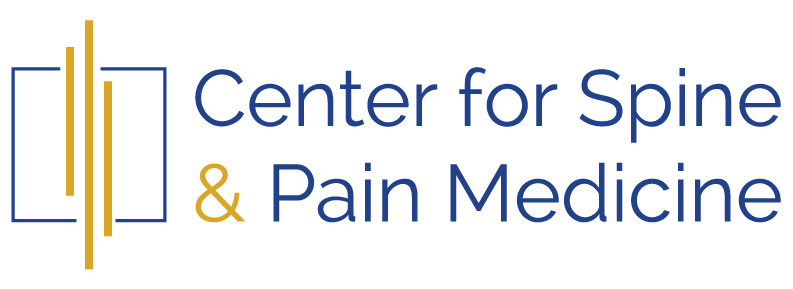
The Hidden Connection Between Sleep Positions and Spine Health: Are You Making It Worse?
Why Your Sleeping Position Matters Your spine naturally has three gentle curves: at the neck, mid-back, and lower back. Maintaining these curves during sleep is essential for reducing pressure on your spine and surrounding muscles. Sleeping in an incorrect position can:
- - Misalign the spine, leading to chronic pain.
- - Strain muscles and ligaments, preventing them from fully relaxing.
- - Interrupt the healing process your body undergoes during sleep.

Breaking Down Sleep Positions
1. Back Sleepers: The Ideal Position
Sleeping on your back is often touted as the best position for spine health. It keeps your spine aligned and evenly distributes body weight, reducing pressure on your joints.
Pro Tip: Use a supportive pillow under your knees to maintain the natural curve of your lower back and prevent strain.
2. Side Sleepers: A Close Second
Side sleeping is also spine-friendly but requires some adjustments to ensure proper alignment. Without adequate support, this position can lead to hip and shoulder pain.
Pro Tip: Place a firm pillow between your knees to align your hips and prevent the lower spine from twisting. Also, choose a pillow that supports your neck and keeps your head level with your spine.
3. Stomach Sleepers: Proceed with Caution
Sleeping on your stomach is the least recommended position for spine health. It forces your neck into an unnatural angle and can strain your lower back.
Pro Tip: If you can’t avoid sleeping on your stomach, use a very thin pillow or no pillow at all to minimize neck strain. Consider placing a small pillow under your abdomen to support your lower back.
The Role of Pillows in Spine Health
Your pillow isn’t just for comfort—it’s a vital tool for maintaining spine alignment. A poorly chosen pillow can tilt your head, straining your neck and upper back. Here’s how to choose the right one based on your sleeping position:
- Back Sleepers: Opt for a medium-thick pillow that supports the natural curve of your neck.
- Side Sleepers: A firmer pillow to fill the gap between your head and shoulders is ideal.
- Stomach Sleepers: Use the thinnest pillow possible to avoid excessive neck arching.
Mattress Matters: How to Choose the Right One
The right mattress provides support without compromising comfort. A mattress that’s too soft can cause your spine to sag, while one that’s too firm can put pressure on sensitive areas.
-Medium-firm mattresses are often ideal for most sleepers as they balance support and cushioning.
- Look for a mattress that conforms to your body’s natural curves while keeping your spine aligned.
Small Adjustments, Big Benefits
Sometimes, simple tweaks to your sleep routine can make a huge difference:
1.Upgrade Your Sleep Accessories: Invest in an orthopedic pillow or a mattress topper for added support.
2.Stretch Before Bed: Loosen tight muscles with light stretches targeting your back and neck.
3.Mind Your Posture During the Day: Good posture while awake reinforces proper alignment during sleep.
When to Seek Help
If you’re still waking up with back pain despite making these changes, it’s time to consult a spine specialist. Persistent discomfort may indicate underlying conditions like herniated discs, sciatica, or spinal stenosis.
Take Charge of Your Spine Health
Your sleep habits are more than just a nightly routine—they’re a cornerstone of your overall health. By making intentional choices about your sleep position, pillows, and mattress, you can significantly improve your spine health and reduce back pain.
Ready for a pain-free morning? Contact us today to learn more about spine health and explore non-invasive solutions tailored to your needs!

